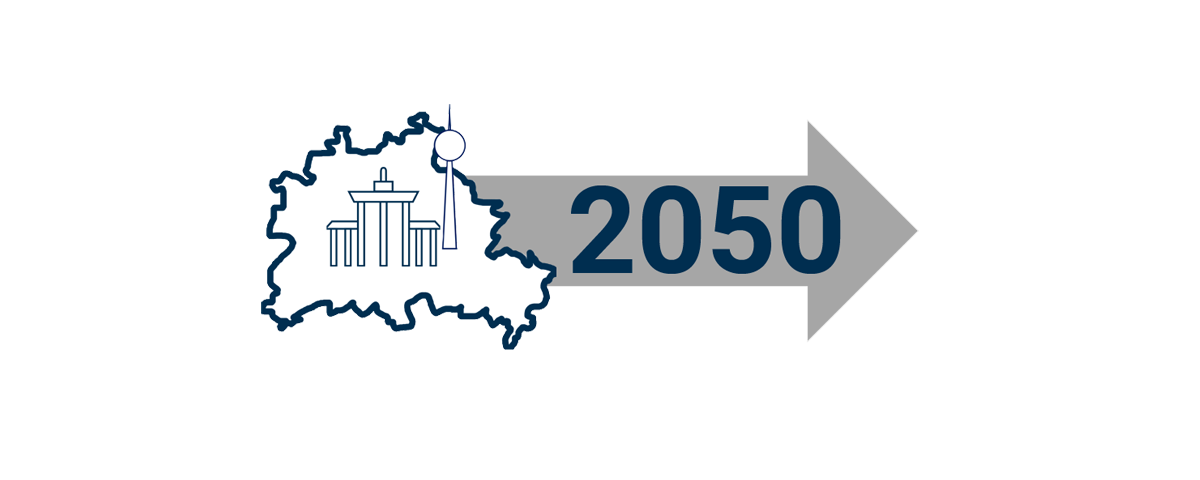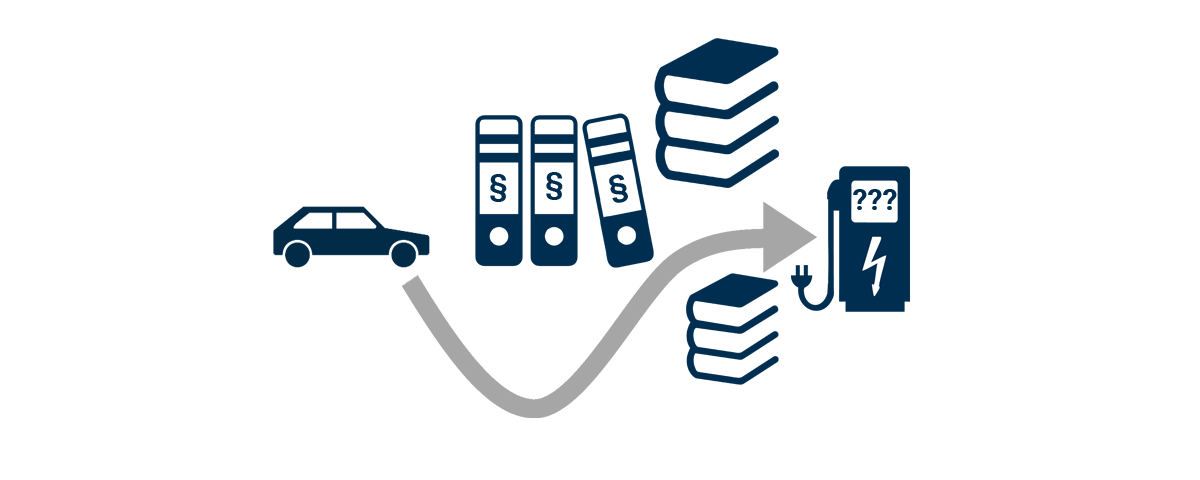
Feasibility study: Berlin’s contribution to the Paris Agreement Goals
24. July 2020
Berlin’s contribution to the Paris Agreement Goals
4. August 2020New DIN guideline for setting up charging infrastructure

August 1st 2020 | From now on, an orientation guide is available to everyone who wants to set up charging points in public spaces: The specification DIN SPEC 91433, which provides a standardized guideline for planning and setting up charging infrastructure for battery-electric vehicles.
The DIN SPEC provides an overview of the complete process of construction, from planning and technical design to the connection of the charging point to the local power grid. This is intended to help local authorities and companies in particular to overcome uncertainties that often make them hesitate when setting up new charging points.
The aim of the guide is to reduce these uncertainties. The guideline deals with reporting and approval processes and the application for subsidies as well as the implementation including the coordination of all parties involved. In addition, it contains questions that need to be clarified for planning purposes as well as assistance in answering them.
Identifying locations and speeding up planning processes
A particular focus is on the effective location search for loading points and on improving the interaction between the various parties involved. For example, the exchange of data, the application for permits, inquiries to the network operator, and much more can be made much more efficient. DIN SPEC makes suggestions for the design of interfaces between the actors involved for more efficient communication.
Furthermore, the guideline contains references to further sources of information in the federal states and municipalities, such as funding opportunities, legal texts, norms and standards, data sets, scientific publications, and more.
The guideline was developed by experts from the field
The guideline has been developed by a consortium of stakeholders from all sectors: In addition to Reiner Lemoine Institute, which led the consortium, the Berlin Senate Department for Environment, Transport and Climate Protection, the National Organization Hydrogen and Fuel Cell Technology (NOW), the Berlin Agency for Electric Mobility (eMO), the Association of Municipal Enterprises (VKU), Energie Codes & Services GmbH, the Bürgerenergiegenossenschaft Inselwerke, inno2grid GmbH, Cleopa GmbH and the RLI Start-Up Localiser. The project received funding from the BMWi-funded project EmoStar²K.
As a thinIt can be downloaded free of charge from Beuth-Verlag.
More information on the project page.




